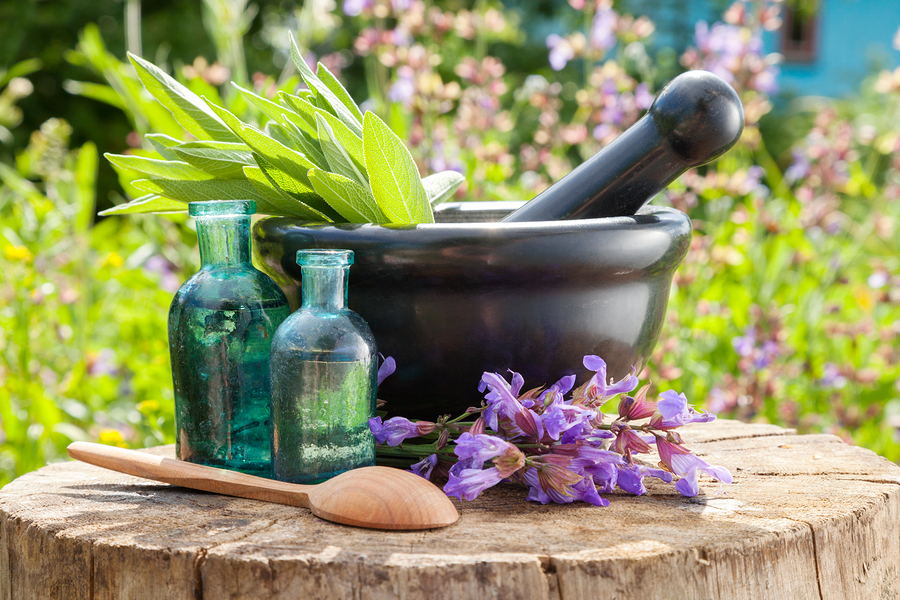On May 1st, 2011, hundreds of herbal medicinals were banned from sale- without a license or unless prescribed by a registered herbal practitioner- in Britain. Those who worked against the law did so because they felt it was a “discriminatory and disproportionate” European law. Sadly, some of the herbal remedies had been used in the UK for decades.
The EU directive, passed in 2004, was introduced in response to rising concern over adverse effects caused by herbal medicines. But herbal practitioners say it is impossible for most herbal medicines to meet the licensing requirements for safety and quality, which are intended to be similar to those for pharmaceutical drugs, because of the cost of testing.
Some of the remedies to be banned were:
- Cascara bark (Cascara sagrada, Rhamnus purshiana): Helps stimulate a sluggish bowel.
- Pau D’Arco (Tabebuia impetiginosa): Anti-inflammatory, used for infection control.
- Ashwagandha (Withania somnifera, or winter cherry): Anti-inflammatory, for arthritis and boosting the immune system.
- Skullcap (Scutellaria baicalensis/Chinese skullcap): For anxiety, headaches and pain relief.
- Meadowsweet (Filipendula ulmaria): For stomach acidity, diarrhoea, headache.
- Horny goat weed (Epimedium grandiflorum): Used to enhance libido.
From the article:
“According to the Alliance for Natural Health (ANH), which represents herbal practitioners, not a single product used in traditional Chinese medicine or ayurvedic medicine has been licensed. In Europe, around 200 products from 27 plant species have been licensed but there are 300 plant species in use in the UK alone.
The ANH estimates the cost of obtaining a licence at between £80,000 and £120,000 per herb. They say this is affordable for single herbal products with big markets, such as echinacea, a remedy for colds and flu, but will drive small producers of medicines containing multiple herbs out of business.”
Do you use herbal medicines? Where do you purchase them? Or do you make your own?
Nature has truly provided us with amazing remedies, many found in our own backyards. However, just because something can be found outside growing in the earth, doesn’t mean we can just eat or drink it. Thankfully, there have been many people to go before us and they have left us a wealth of knowledge on plants and herbs. Do good research. Check sources- original sources whenever possible. Use a good reference book. The information is out there. Check out the video above for a good start.
Stay healthy!
XO- Erin
Source: Independent












